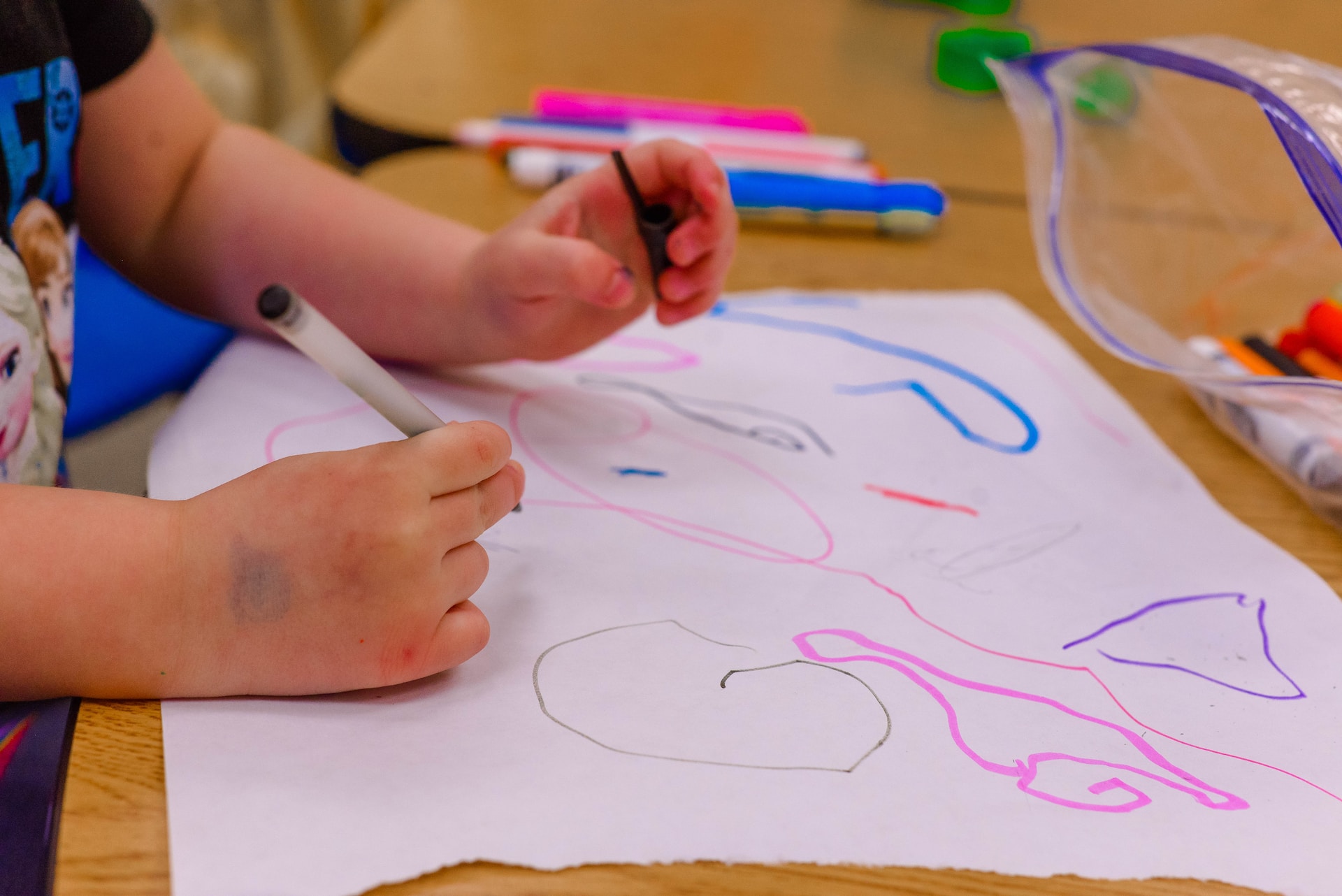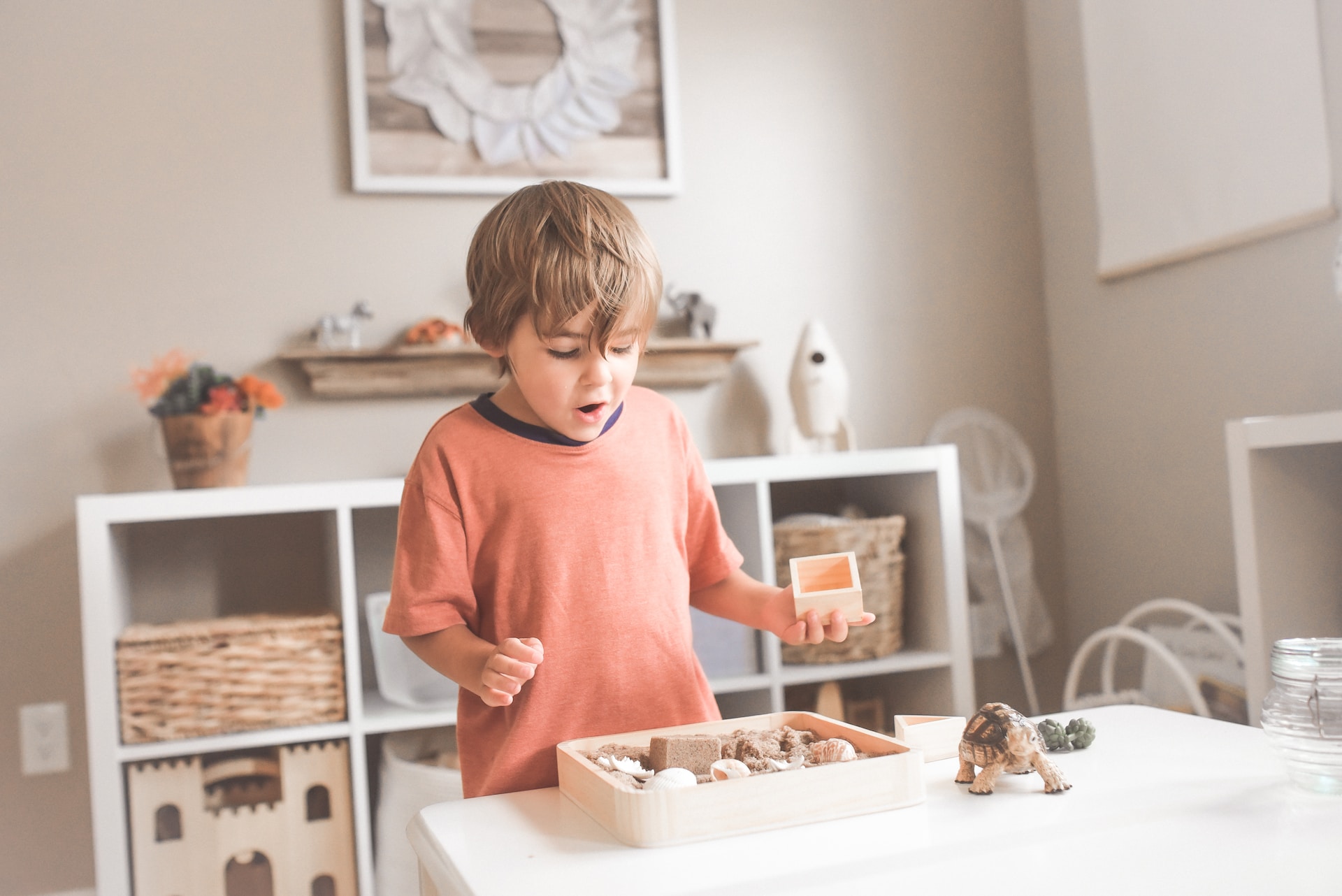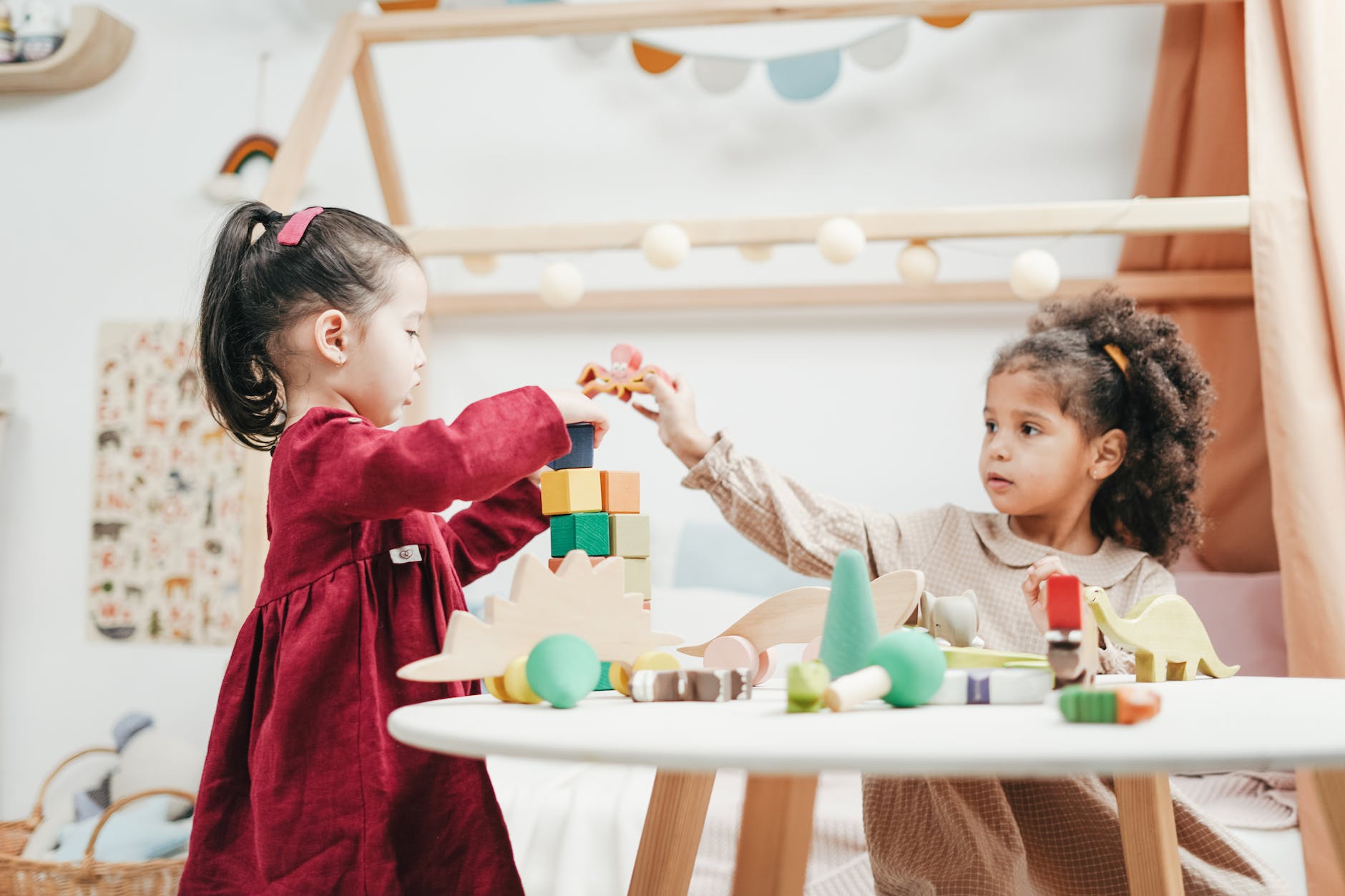Sending your child to preschool is an important milestone for both you and your little one.
It is their first big step into the formal school system, one that can have a significant impact on their social, emotional, and cognitive development.
Sending your child to school can be a daunting decision to make, especially if you’re not sure whether your child is ready or not.
After all, preschool readiness is not just about age, as every child develops at their own pace.
Determining Your Child’s Readiness to Enter Preschool
People subscribe to several schools of thought when it comes to determining a child’s readiness to enter a formal school setting such as preschool.
For some early education experts, infants as young as 6 weeks old benefit from early intentional and purposeful teaching.
The idea is to take advantage of windows of opportunity to build a strong foundation for cognitive, socio-emotional, language, and motor development.
Meanwhile, some parents choose to delay their children’s formal education based on the concept of “redshirting,” popularized by the famed journalist Malcolm Gladwell.

In his 2008 New York Times best-selling book Outliers, Gladwell championed the notion that a person’s age, relative to their peers, may be a factor in their success.
Specifically, in competitive settings such as sports and school, being the oldest in a team or class is deemed to be an advantage that could result in a winning position.
The term “redshirting” comes from college athletics, where the coach may let “redshirt” freshmen athletes join the official team practice but hold them off from participating in the actual game for a year.
This gives the new athletes time to develop and hone their skills before competing.
Signs That Your Child is Adequately Prepared for Their First Schooling Experience
There are certain signs that parents can look out for to determine if their child is ready for preschool, whether it’s a local school run by the Ministry of Education or an international preschool in Singapore that parents trust.
Whether your child is on the younger side or older side compared to their peers, here are a few signs to look out for when it comes to determining their readiness for preschool:
Your Child Is Already Potty-Trained
In general, preschools accepting three-year-olds and older children require that they be potty trained before their first day of school.
Not only will this make the teachers’ job easier, but it will also build confidence in the kids themselves.
After all, your child wouldn’t want to be compared to their classmates, especially if they are the only ones wearing diapers.
Some schools may still accept a child that’s still undergoing potty training.
As a parent, you shouldn’t have to worry about your kids having “accidents” in school as teachers understand that these tend to happen at this age.
All the same, here are a few tips to help your kids conquer the challenge of potty training as early on as possible:
- Use pull-up diapers to get them used to underwear.
- Use simple instructions for going to the bathroom that they can easily understand and follow.
- Reward them with something as simple as a sticker or a star on their star chart or good behavior chart when they successfully use the potty.
- Be consistent and patient in implementing their new bathroom routine.
Your Child Can Pay Attention and Follow Simple Instructions
Getting a child to focus, listen, and follow instructions is key in teaching kids and managing a classroom.
Observe your child and gauge if they can sit still and understand simple commands from you.
According to child development experts, children’s attention spans last for approximately 2 to 3 minutes per year of age.
That said, there are things you can do to help improve your child’s focus and attention span.
Below are some examples:
- Reduce screen time. There’s simply no escaping the fact that too much screen time affects a child’s cognitive and language development. That’s why parents must set boundaries in terms of time and the quality of the content they are viewing.
- Encourage imaginative or pretend play to broaden your child’s language and language comprehension skills.
- Be on the lookout for developmental delays in speech, attention span, and more so that you can seek professional help immediately..


Your Child Is Confident and Independent
For most families, preschool is the first time that the kids will be away from the parents.
At this stage, separation anxiety is a real issue, not just for kids but for parents as well.
That’s why parents have to prepare for the big day, i.e. the first day of preschool.
To help you and your child alleviate this anxious feeling, here are some things you can do together:
- Practice separating before preschool starts. Leave your child in the care of someone you trust for an hour, then gradually increase the intervals until your child gets used to the idea of separating from you.
- Introduce your child to the preschool environment before the actual first day to get them familiar with the new people they’ll be interacting with in school.
- Talk to your child with great enthusiasm about the things they can expect to do in school.
- Be calm and positive during their first day so your children can emulate you.
Your Child Has the Energy for Preschool Activities
Preschool will be an exciting time for your child.
Activities may include outdoor play with other kids, dance, and exercise time.
All of these take energy that some sedentary children may not be ready for. Fortunately, you can help them prepare for preschool with these tips:
- If your child still takes short naps frequently, help them combine them into one long nap in the morning or afternoon, depending on their preschool schedule. When they can successfully do this, they’ll be able to achieve the rest they need and still be active for longer.
- Encourage your child to play outside or play sports instead of indulging in screen time. This can help build up their muscles and immune system for the various activities they’ll do in school.
Your Child Can Socialize with Other Children
Regular socialization will help make your child’s transition from home to school life so much easier.
With your child used to interacting with their peers, they’ll be able to form friendships faster than kids who haven’t gotten the chance to socialize as regularly.
If your child needs some help in socializing, here’s what to do:
- Take them with you when running errands and going to appointments. Let your child get used to interacting with different people outside your house. It will develop their confidence and communication skills, which are critical for forming relationships.
- Schedule playdates with other children. Even if you are raising an only child, you can arrange to have regular playtimes with cousins or neighbors to get them used expressing themselves to other kids.
Ultimately, it’s up to you and your child to gauge when they are ready to face the challenge of preschool.
Just be aware that every child is different, and they may not follow the same timeline as other kids.
Like in the examples above, your child may benefit from going to school at an early age, or they may be better off entering when they’re older and have had more time to develop prerequisite skills and routines.
Make the call as their parent to enroll them in preschool when they’re truly ready.







